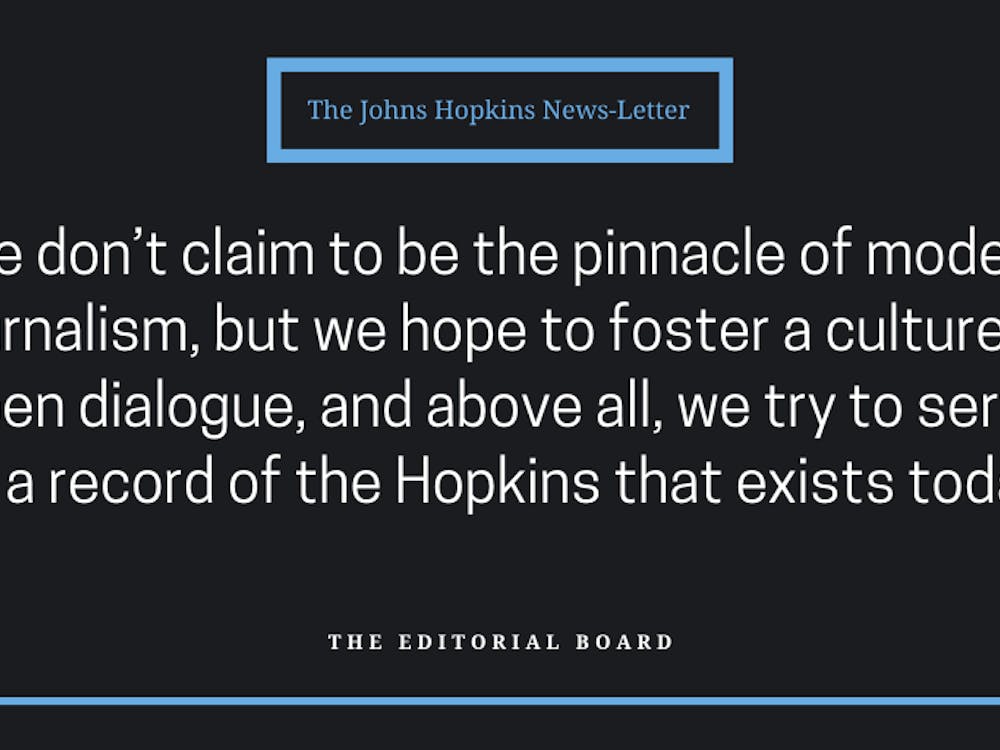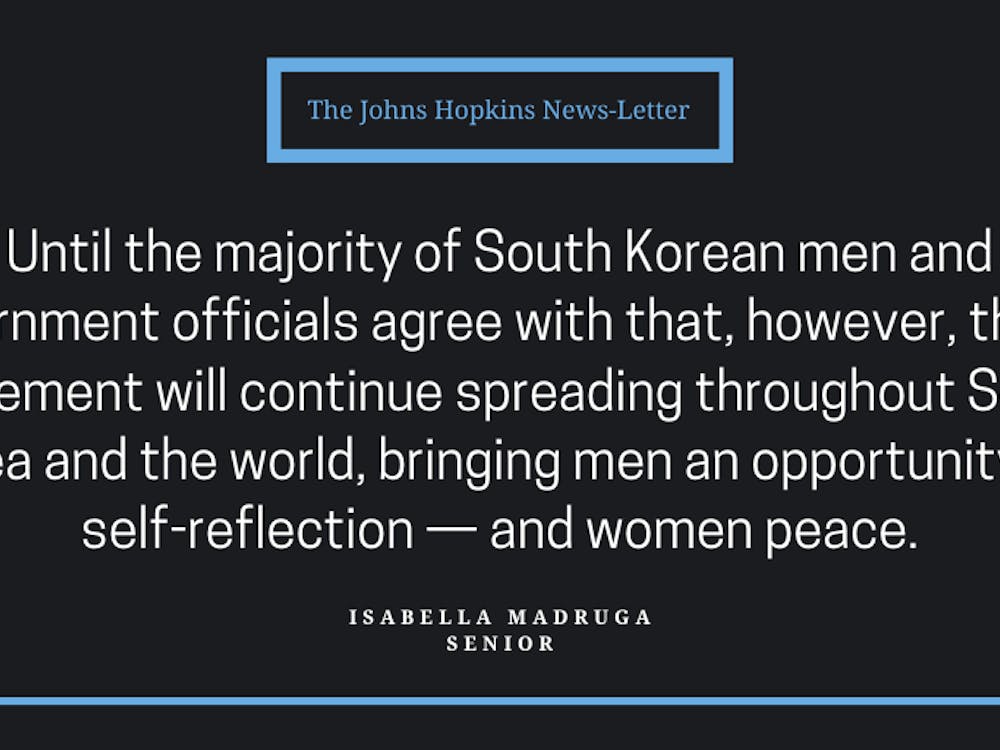Ever since Scott Van Duzer—a Fort Pierce, Fla. pizza parlor owner—bear-hugged the President on one of last week’s campaign pit-stops, he’s become a household name among political pundits. He’s also made countless enemies among the general population; the registered Republican, who voted for Obama in 2008 and plans to do so again in November, says his heartwarming, meme-worthy photo op drew slanderous rhetoric from the Right, who regarded his off-the-cuff, “everyman” endorsement as a searing betrayal. Within hours, Big Apple Pizza & Pasta’s Yelp! page was crawling with unsavory comments, including one user who cringed at the thought of “O’Hussain” visiting “Big Crapple Pizza.” These drew stubborn responses from Van Duzer, who stood his ground amidst the explosive weeklong controversy. “I don’t regret anything I did,” he insisted in one interview, marveling at how his five minutes of fame ignited a political firestorm. “It’s my vote, my voice, and I respect everyone’s opinion, but it doesn’t have to be as nasty as it’s become.”
A doe-eyed idealist might condemn this regrettable series of events, expressing righteous disgust with the apparent “devolution” of “civil politics.” And to some degree, such naiveté would practically invite ridicule; after all, anyone’s who’s lived through at least two or three electoral scuffles is aware that politics—American or otherwise—isn’t touch football. Which isn’t to say we live in a “dirtier” age than our political predecessors: recall, for instance, how Senator Charles Sumner—a Massachusetts antislavery Republican—was brutally beaten with a metal-topped cane by Representative Preston Brooks of South Carolina, in an explosive, pre-Civil War American Congress. And wasn’t it Vice President Aaron Burr who challenged Founding Father Alexander Hamilton to a fatal duel less than a decade after the “shot heard ‘round the world?”
A few crazy Yelp! reviews certainly pale in comparison to these real world, life-or-death matches. But—to modify an old Shakesperean adage—what’s in a hug? Is it truly “doe-eyed” or “idealistic” to identify the inappropriateness of such widespread, petty outrage? And when did embracing the President of the United States of America—an otherwise mundane event in the political scheme of things—become a detestably partisan gesture for GOPers?
Take one such milestone in the history of the “political hug”: A well-liked Charlie Crist—Florida’s then-Republican Governor—embraces the President as he campaigns for his economic stimulus bill a long the panhandle in 2009. The unremarkable moment, caught on videotape, immediately “goes viral” in the blogosphere, swiftly circulating among wide-eyed liberals and conservatives, not to mention a swathe of disapproving party elders. Three years later, Crist—now a self-proclaimed “Independent” — is singing the White House’s praises at the DNC, remarking that his one-time political embrace “cost me more grief from my former party than you can ever imagine.” His reasons for departure? “I didn’t leave the GOP. It left me,” Crist retorted before a crowd of thousands at this year’s Democratic National Convention.
Spunky words from the former Governor, not to mention ones with ringing familiarity.
Consider Arlen Specter, a Republican-turned-Democrat and former Pennsylvania Senator whose moderate politics diverged from his colleagues’ evolving conservative radicalism. “As the Republican Party has moved farther and farther to the right, I have found myself increasingly at odds with the Republican philosophy and more in line with the philosophy of the Democratic Party,” Specter remarked in April 2009, defending his so-called political defection.
At its heart, I believe, this is a discussion about the shrinking parameters of conservatism – how one party’s complex quest for self-definition is raising a whole slew of existential questions that will likely endure long after this November’s election. What is a “real Republican?” Can party members exhibit varying degrees of conservatism across a handful of issues – or must “real Republicans” exclusively adhere to what is branded as party orthodoxy? And is a conservative legislator who pursues bipartisanism, or symbolically embraces the President of the United States, an automatic “traitor” to his or her party? These unresolved issues threaten to overhaul American party relations as we know it, leaving us to wonder whether the Republican Party can ever gain primacy as a party of inclusion and embrace, both in its external —and internal—politics.
















Please note All comments are eligible for publication in The News-Letter.